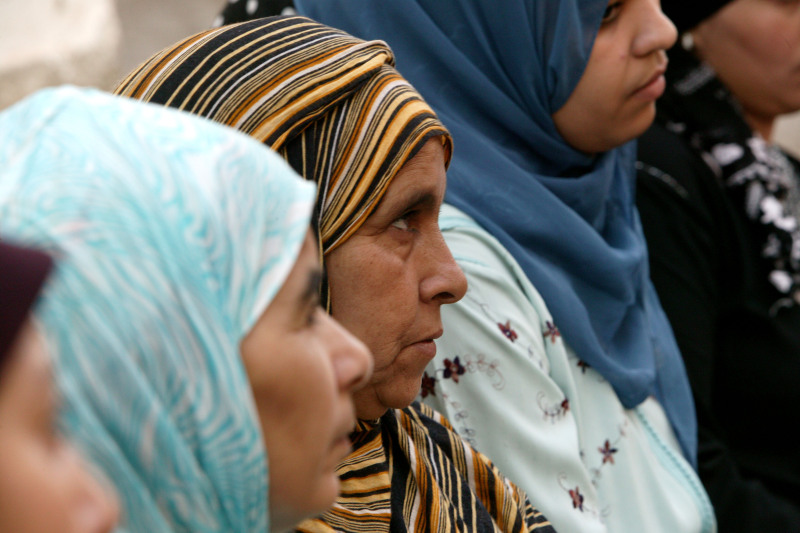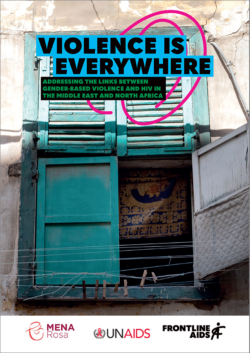
Learn MENA
LEARN MENA existed because women deserve to live without the threat of violence.
Why we ran LEARN MENA
LEAdership & Research Now (LEARN) MENA explored the links between HIV and gender-based violence (GBV) – most notably violence against women – in the Middle East and North Africa (MENA region).

This is because there’s a two-way relationship between HIV and GBV:
- Women who experience GBV are at greater risk of HIV
- Disclosure of an HIV-positive status can also trigger GBV.
In addition, GBV can be a major barrier to accessing HIV treatment and care. All of this adds up to women and girls being most affected by HIV: they account for 58% of new HIV infections among young people. Plus, one in three women in the MENA region have experienced sexual and/or intimate partner violence in their lifetime.
The MENA region has a concentrated HIV epidemic, meaning that it mostly affects marginalised communities – such as women who inject drugs, women from the lesbian, bisexual and transgender community, and women who sell sex – rather than the whole population. Women from marginalised communities are more susceptible to violence and they are more susceptible to HIV, so we work with women in all their diversity.
The LEARN MENA project was with and for women living with and most affected by HIV in the region, building their capacity to identify and lead appropriate responses.
LEARN MENA was implemented by UNAIDS Middle East and North Africa Regional Support Team, Frontline AIDS, and MENARosa. It was supported by USAID.
Where we did it
LEARN MENA worked across the Middle East and North Africa to help eliminate gender-based violence in the region. Countries included:
- Egypt
- Jordan
- Lebanon
- Morocco
- Tunisia
OUR RESULTS
- LEARN MENA was the first study looking at the links between violence against women and HIV in the MENA region, led with, by and for women living with and most affected by HIV.
- Our advocacy brief describes the links between HIV and gender-based inequality in the MENA region.
- Our Violence is Everywhere report presents the findings and recommendations of the project.
- The project showed that women living with and most affected by HIV in the MENA region experience high levels of GBV in different settings, both before and after their HIV diagnosis.
- We were able to collect data showing the systemic nature of GBV. Nearly all the women who took part in the project had experienced violence in their lifetime (95%). The vast majority (84%) had experienced GBV in more than one setting, and 69% in three or more settings.
- The project raised awareness of GBV-HIV linkages among most affected communities and national stakeholders.
- Women in their diversity came together in safe spaces to explore the issues, and identify solutions; they then presented these to national stakeholders and jointly identified priority responses to take forward.
Stories and reports

After suffering a string of rights violations, Sabera's case was documented...

“I still had the scars from the latest beating 60 days after he died,” says...
Will you help us end aids?
I would like to make a donation of:
Please enter the amount you would like to donate, ie: '10.00'

